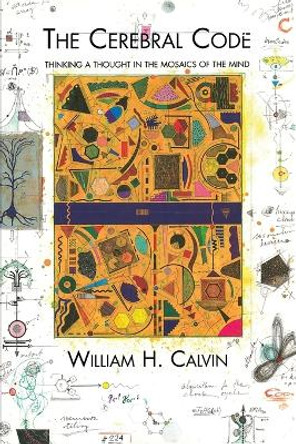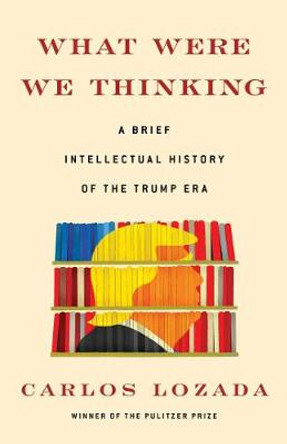This book looks back at the simpler versions of mental life in apes, Neanderthals, and our ancestors, back before our burst of creativity started 50,000 years ago. When you can't think about the future in much detail, you are trapped in a here-and-now existence with no "What if?" and "Why me?" William H. Calvin takes stock of what we have now and then explains why we are nearing a crossroads, where mind shifts gears again. The mind's big bang came long after our brain size stopped enlarging. Calvin suggests that the development of long sentences--what modern children do in their third year--was the most likely trigger. To keep a half-dozen concepts from blending together like a summer drink, you need some mental structuring. In saying "I think I saw him leave to go home," you are nesting three sentences inside a fourth. We also structure plans, play games with rules, create structured music and chains of logic, and have a fascination with discovering how things hang together. Our long train of connected thoughts is why our consciousness is so different from what came before. Where does mind go from here, its powers extended by science-enhanced education but with its slowly evolving gut instincts still firmly anchored in the ice ages? We will likely shift gears again, juggling more concepts and making decisions even faster, imagining courses of action in greater depth. Ethics are possible only because of a human level of ability to speculate, judge quality, and modify our possible actions accordingly. Though science increasingly serves as our headlights, we are out-driving them, going faster than we can react effectively.
About the AuthorWilliam H. Calvin is a neurobiologist at the University of Washington in Seattle who wanders regularly into anthropology, evolution, and climate change. He is the author of A Brain for All Seasons, which won the Phi Beta Kappa 2002 Book Award for contributions to literature by scientists.
ReviewsCalvin's history will stretch your mind.... The Seattle scientist writes in a conversational style, often referring to 'stuff.' But it's high-level stuff with surprising insights. * Associated Press *
Conversational and colorful, uncluttered by intimidating footnote references.... Calvin is a master both of how minds work in a cultural context, and how brains work on a neuron level. He's also a master at helping ordinary readers understand neurobiology. * Nashville Scene *
As always, the author's erudition demands close attention but makes science entertaining and accessible for the layman. * Kirkus Reviews *
As a work of writing, A Brief History of the Mind is not just a summary of Calvin's thoughts; it is full of eloquent quotes from other thinkers. It has a good bibliography for readers who wish to explore this subject.... It is hard to imagine a subject of more fundamental interest to human beings. If you've ever wondered why you are who you are, 'A Brief History of the Mind' is a good place to start. * Seattle Times *
Book InformationISBN 9780195182484
Author William H. CalvinFormat Paperback
Page Count 240
Imprint Oxford University Press IncPublisher Oxford University Press Inc
Weight(grams) 277g
Dimensions(mm) 209mm * 141mm * 16mm









